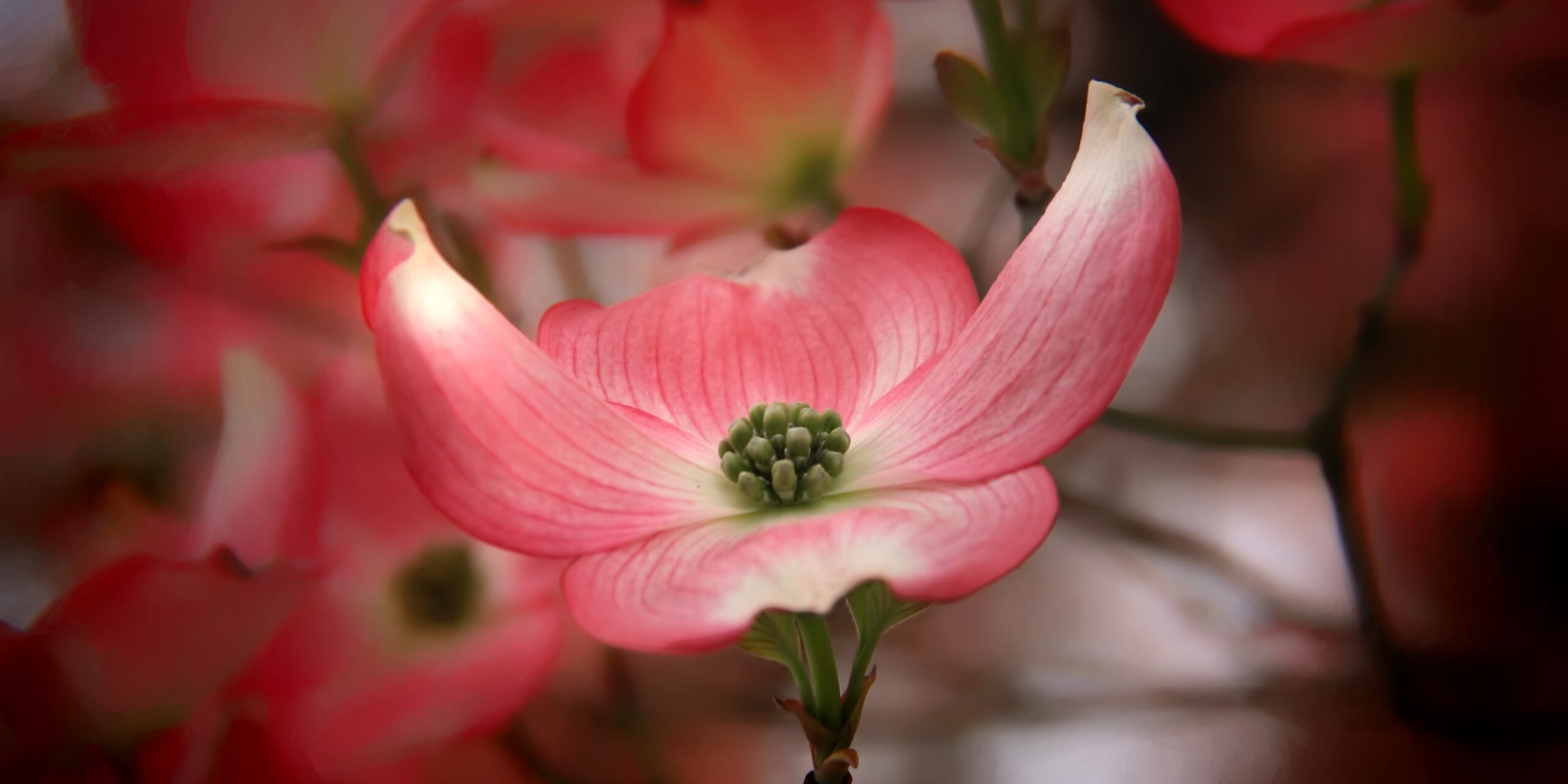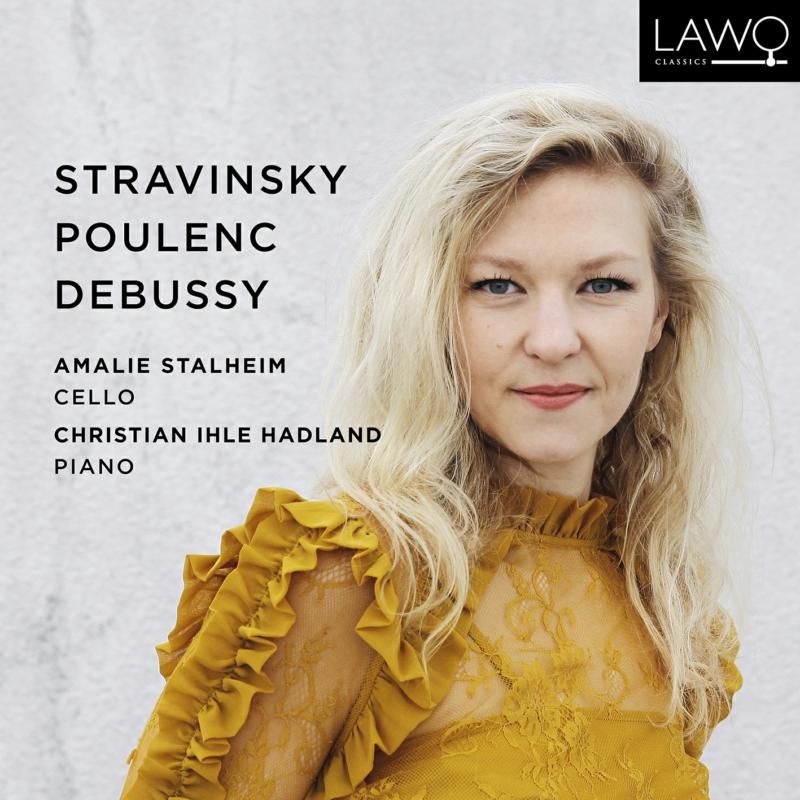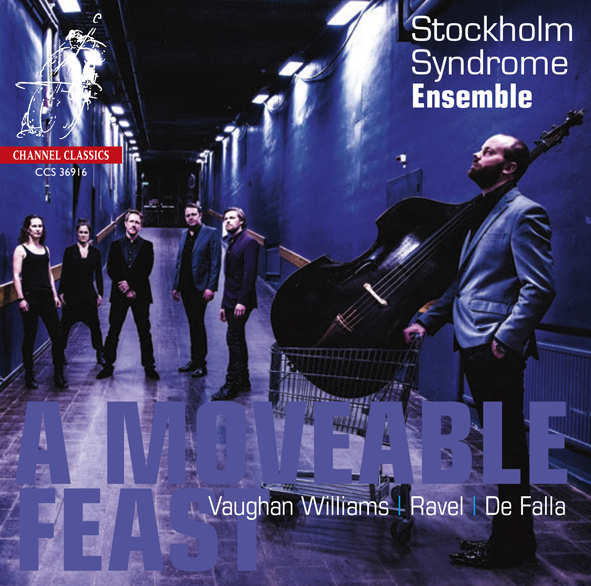Welcome to ‘Dodd’s Discoveries’, a review series from NativeDSD Senior Music Reviewer Bill Dodd. This series focuses on Bill’s latest selections, with new reviews regularly. And the best part… the albums featured in the most current review will be available at a reduced price! Click the button below to see all of Dodd’s Discoveries and to find the current album(s) on sale.
Here are two Norwegian musicians, Amalie Stalheim (cello) and Christian Ihle Hadland (piano), and composers from Russia and France. So what’s the result? A remarkably French recital– in the most positive sense. There’s a playfulness, and a lightness to the music that sends me back to Paris 100 years ago.
Stravinsky lived in France at the time, and he and Debussy liked and respected each other, and each other’s music. Poulenc said Stravinsky was his main influence. And nobody had that French playfulness more than Poulenc.
Stravinsky’s Ballet Pucinella (1920) was a recomposing of music by Italians from the 1700’s. But here is a suite for cello and piano from the ballet “reimagined” by Stravinsky! Stravinsky got some help from Piatagorsky in the arrangement for the cello parts. If you like Pucinella, you will love Stravinsky’s Suite Italienne! (1932)
I’ve been a fan of Poulenc since I first heard his Gloria decades ago. Then I discovered his works for Piano and was hooked. His pieces are like snapshots of Paris in the first half of the last century. There’s nothing absolutely specific, it’s just the rhythms and colors. His Cello Sonata (1948) certainly has these qualities. Famous cellist Pierre Fournier helped with the cello arranements.
Debussy is one of the greatest composers ever. His Cello Sonata (1915) moves away from impressionism, reflecting his late style of more directness and even playfulness.
But what really sums up this wonderful album is just how delightful it is! I’m listening on a Sunday afternoon, with rain on the way, and concerns that could easily be from the first half of the 20th Century. I was taken by the pieces, and the marvelous musicianship of these artists. Stalheim is magnificent, and Hadland is a superb partner.
The recording quality is perfect! Am I crazy for listening to the whole thing 3 times in a row?
If you’d like find out more of what was happening in Paris in the first part of the 20th Century:



